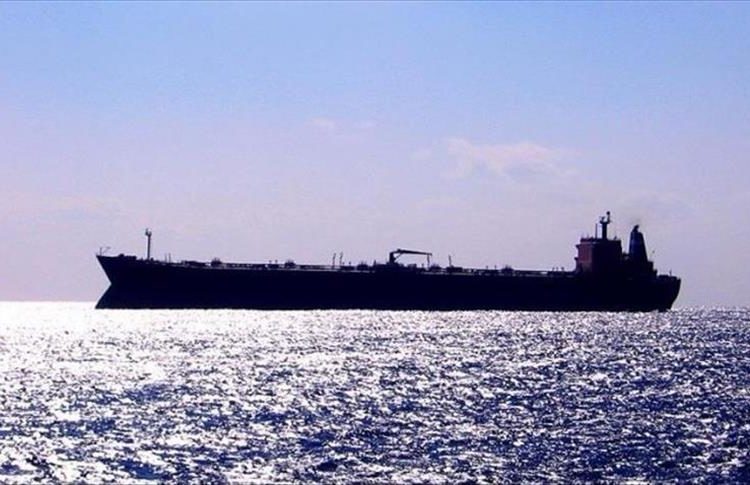Nordic Monitor
EU High Representative for Foreign Affairs and Security Policy and Vice President of the European Commission Josep Borrell last week informed the UN Security Council that the EU’s Operation Irini has started preventing ships from smuggling Libyan oil in the Mediterranean in accordance with a UN embargo.
Borrell addressed the council on the EU’s role in the preservation of international peace and security on May 28. A day after Borrell’s remarks, Turkish Energy Minister Fatih Dönmez announced Turkey’s plan to conduct oil and gas exploration off the Libyan coast. Turkey’s drilling activities in the region would both derail EU efforts aimed at a peaceful solution in Libya and undermine international initiatives to implement the UN arms embargo on Libya.
“The EU is working hard to create the conditions for a ceasefire. It is not easy and there are many agendas at play, but we cannot lose, we cannot stop our hope and our work because there is no alternative to an inclusive political solution. But to find a political solution, we need to stop the flows of weapons into Libya and to create the space for a real dialogue. With this objective in mind, we have launched a new operation in the Mediterranean. We call it Operation Irini, which is related with hope. Its core task is to implement the United Nations arms embargo through naval, aerial and satellite assets,” the EU foreign policy chief said during his online speech.
“Only few weeks after it started its activities at sea, the operation had already proved its added value. I am happy to share this information with you. This operation has been sharing valuable information with the UN panel of experts and having a deterrent effect including on oil smuggling, preventing some ships of participating in these illegal activities. It is critical that the Council [UN Security Council] renew the resolution of rising inspection on the high seas. It would complement the capabilities of the Irini mission and increase its value added.”

The Turkish Petroleum Corporation (TPAO) had previously applied to the GNA for an exploration permit in the eastern Mediterranean, Turkey’s state-run Anadolu news agency reported. Ankara’s announcement that it intends to activate a maritime borders agreement signed in November 2019 with Libya’s Government of National Accord (GNA) has brought simmering tensions to the boil.
Last month the foreign ministers of the UAE, Egypt, Cyprus, Greece and France called on Turkey to “fully respect the sovereignty and the sovereign rights of all states in their maritime zones in the Eastern Mediterranean.” France and Greece are active members of the EU’s Operation Irini. On May 4 the operation commenced its activities at sea with the French naval vessel Jean Bart and a maritime patrol aircraft contributed by Luxembourg. The European Union Satellite Centre is also supporting Operation Irini with geospatial intelligence services.
Speaking at a ceremony last Friday to mark the launch of Turkey’s first oil-and-gas drilling ship, the Fatih, to the Black Sea, Dönmez said the TPAO would begin operations in areas under its license after the process was complete. “Within the framework of the agreement we reached with Libya we will be able to start our oil exploration operations there within three to four months,” he stated.

Turkey provides military support to the GNA as well as to the allied militias that have joined forces against General Khalifa Haftar’s Libyan National Army (LNA). The Turkish government deployed troops to Libya and moved jihadists from Syria’s Idlib region to the country in line with a security accord signed in November 2019 by President Erdoğan and Fayez al-Sarraj, head of the UN-recognized GNA.
While Turkey backs the GNA in Libya, Haftar’s LNA has the support of the UAE, Egypt, Jordan, Saudi Arabia and Russia.
According to UNSC resolution 1970 (2011) imposing an arms embargo, a travel ban and an assets freeze in connection with the situation in the Libya, “Member States shall immediately take the necessary measures to prevent the direct or indirect supply, sale or transfer to the Libyan Arab Jamahiriya, from or through their territories or by their nationals, or using their flag vessels or aircraft, of arms and related materiel of all types, including weapons and ammunition, military vehicles and equipment, paramilitary equipment, and spare parts for the aforementioned, and technical assistance, training, financial or other assistance, related to military activities or the provision, maintenance or use of any arms and related materiel, including the provision of armed mercenary personnel whether or not originating in their territories.”












